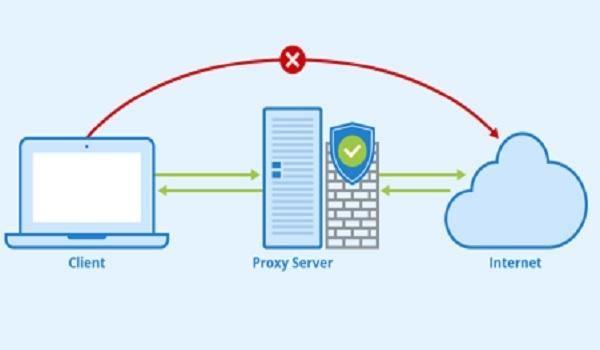Why Businesses Rely on Proxy Networks for Reliable Global Access and Privacy

In an age where digital infrastructure shapes the way we work, advertise, shop, and interact online, maintaining secure, anonymous, and unrestricted access to the internet has become essential for businesses of all sizes. Whether it’s accessing region-locked content, managing multiple online profiles, or gathering large datasets for analysis — proxy servers have emerged as a go-to solution.
From eCommerce brands and SEO agencies to cybersecurity experts and developers, proxies are used daily to bypass restrictions, ensure privacy, and perform critical automation tasks. But what exactly makes them so indispensable?
Understanding the Role of Proxies
A proxy server acts as a middleman between your device and the internet. Instead of connecting directly to a website, your request is routed through the proxy, which assigns you a different IP address. This allows you to:
- Appear as though you’re browsing from another country
- Avoid IP bans during high-volume web scraping
- Test localized ads and content delivery
- Maintain privacy and anonymity during sensitive research
Proxies come in various forms — residential, datacenter, ISP, and mobile — each offering distinct advantages depending on your use case.
How Proxies Support Modern Business Use Cases
1. Web Scraping and Market Intelligence
Companies rely on public web data to track competitor pricing, monitor reviews, and gather insights. Proxies help automate this process safely and efficiently without being blocked.
2. Ad Verification
For brands running global campaigns, it’s critical to verify ad placements across different locations. Proxies allow teams to simulate user access from specific geos and ensure ads appear correctly.
3. Social Media Management
Agencies handling multiple client accounts across platforms often use proxies to avoid being flagged for suspicious activity or triggering login restrictions.
4. Quality Assurance and Localization Testing
Developers and QA testers use proxies to check how websites perform across different regions, ensuring consistent functionality and localization.
5. Cybersecurity and Privacy
Proxies are also used to protect sensitive browsing and investigative research from being traced back to a real IP address — a critical factor for security professionals and OSINT investigators.
Finding a Reliable Proxy Provider
Not all proxies are created equal. Businesses need a provider that delivers:
- Fast, stable connections
- A broad range of proxy types
- Worldwide location targeting
- Easy integration and management tools
- Scalable pricing for growing needs
One such provider that checks all the boxes is YouProxy — a trusted platform offering powerful proxy solutions tailored for business use. To explore proxy types, pricing, and technical features, you can read more on their official site.
Final Thoughts
As digital ecosystems continue to grow more complex and restrictive, the need for secure and flexible access becomes more critical than ever. Whether your team is conducting market research, automating QA processes, or simply maintaining online privacy, proxy servers are foundational to modern workflows.
Choosing the right proxy service can unlock new capabilities, improve efficiency, and protect your digital identity. It’s time to think of proxies not just as a tool — but as strategic infrastructure for your online operations.



